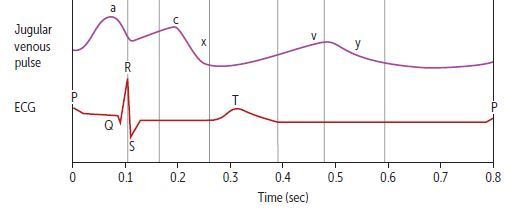Cardiovascular Flashcards on 276 - Pressure-Volume Loops and Cardiac Cycle (add on), created by Victoria Wright on 29/05/2017.
Pinned to
5
0
0
No tags specified
|
|
Created by Victoria Wright
over 7 years ago
|
|
Close



